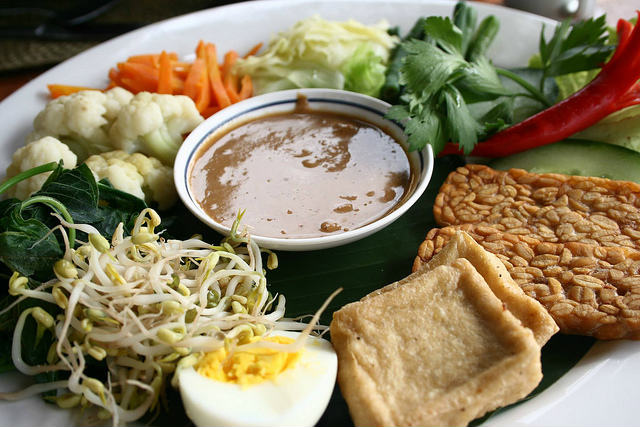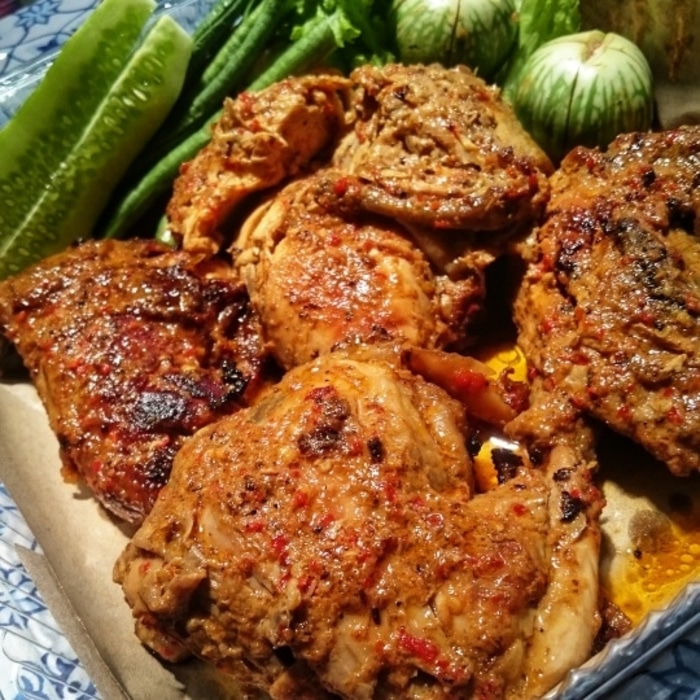When it comes to Indonesian cuisine, there are different types of food to eat for everyone whether you are omnivore, vegetarian or vegan. Although it seems difficult to eat vegan and vegetarian food with lots of nutrition and protein, yet it can still be done with the large variety of Indonesian food.
Here are Indonesian food with lots of protein but no meat:
Pepes Tahu
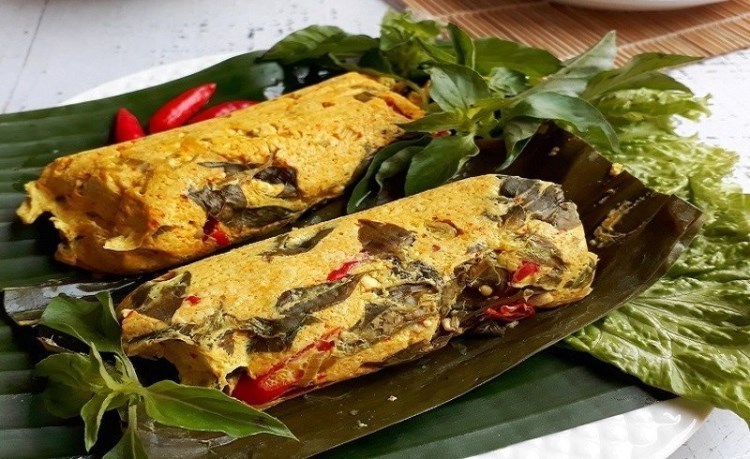
Pepes is the method of cooking in which ingredients are packed inside leaves, folded then grilled above charcoal. The main ingredient varies between fish, meat or tofu that is mixed with lots of healthy herbs and spices. Tofu, in particular is a good source of protein and has all nine essential amino acids. It contains about 17.3 grams or protein per 100 grams of tofu.
Jengkol Pedas
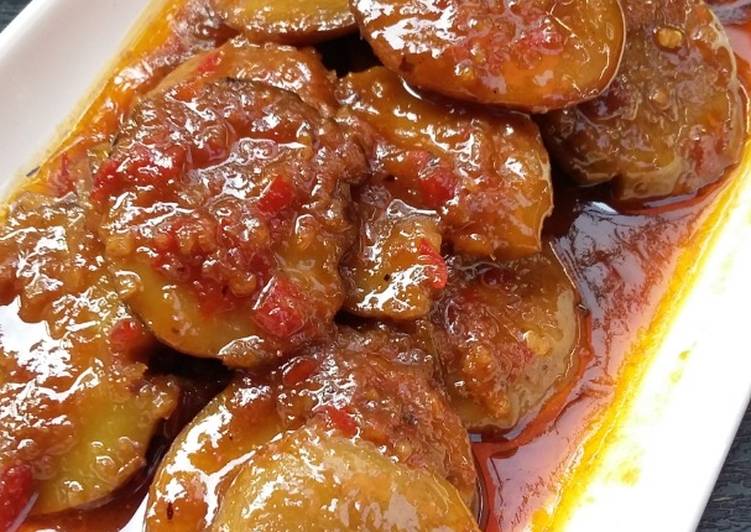
Jengkol beans, grown in a pod, is a delicacy in Indonesia. Although it runs the risk of being poisonous due to its jengkolic acid, many still eat it around Southeast Asia. In Indonesia, Jengkol is enjoyed in many ways from being stewed (Sunda style) to being made spicy (Betawi style). Jengkol contains lots of proteins at 23,3 grams per 100 grams, even beating tempeh which is known to be a source of protein at 18,3 grams per 100 grams.
Gudeg
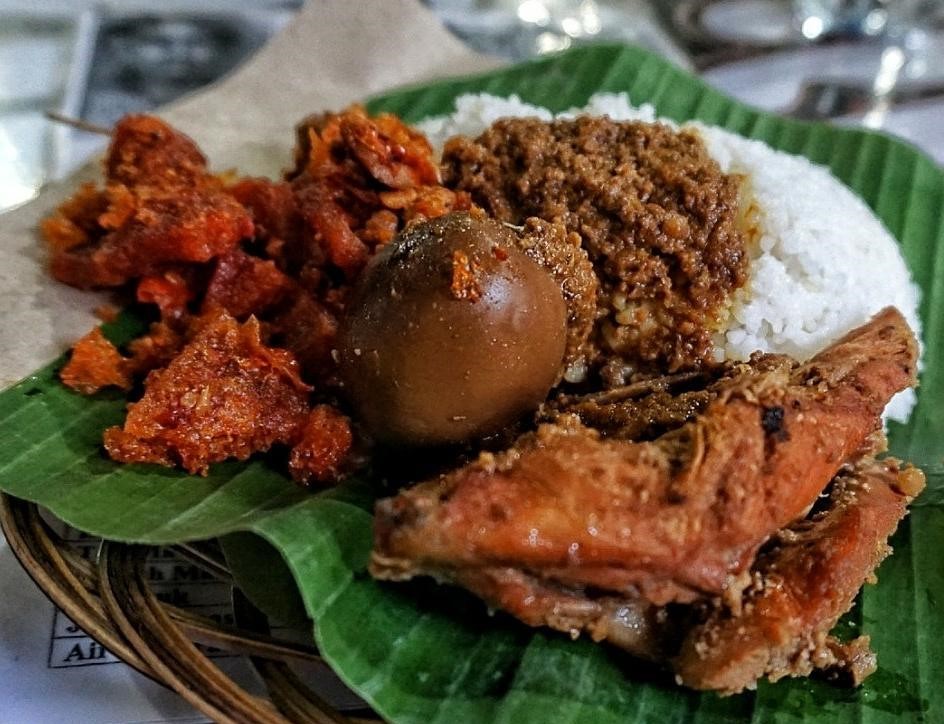
Gudeg is a traditional dish originating from Yogyakarta. Gudeg is young jackfruit that’s braised with palm sugar, coconut milk, bay leaves, lemongrass, and galangal. It is braised until tender, then blended together. Amongst all fruits, jackfruit contains the most amount of protein at about 1.8 grams per 100 grams.
Keripik Tempeh Pedas
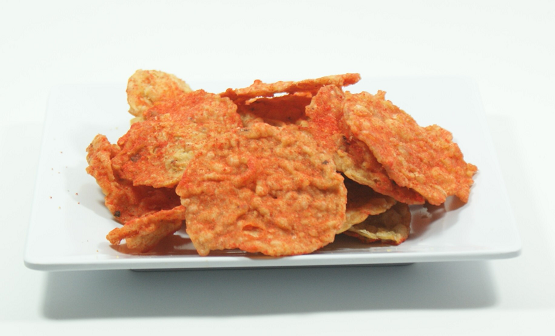
Tempeh is fully nutritious and contains a lot of protein, which is why it has been used time and time again as substitute to protein. Similar to tofu, it is preserved soybean cake but it processed whole soybeans and it’s fermented in a loaf sized shape. It can be processed into a variety of ways, one is being made into spicy tempeh chips. To make it, you will need thinly sliced tempeh, fried, and doused in spicy, sweet sauce. Otherwise, it is also delicious to be eaten deep-fried or pan fried. Tempeh has the protein count of 18.5 grams of protein for every 100 grams.
Tahu Bacem
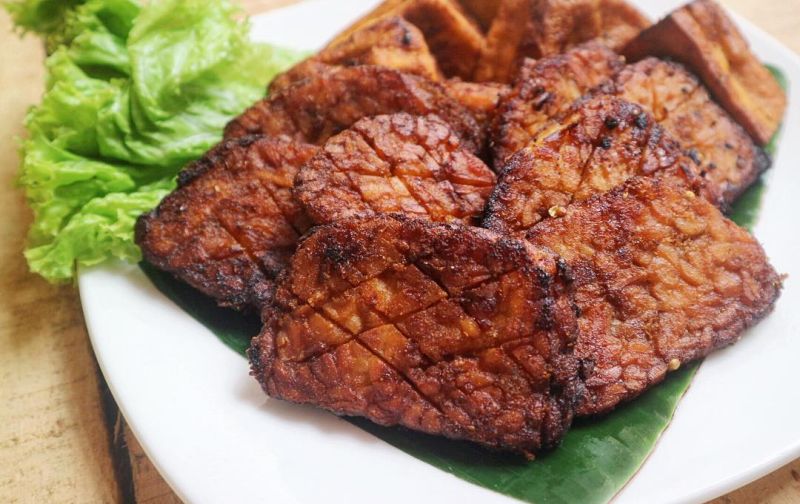
Tahu bacem is pieces of tofu that has been marinated in a concoction of sugar, coconut milk, and about a dozen spices until it absorbs all of the flavor. It is then fried just before serving.
Gado-Gado
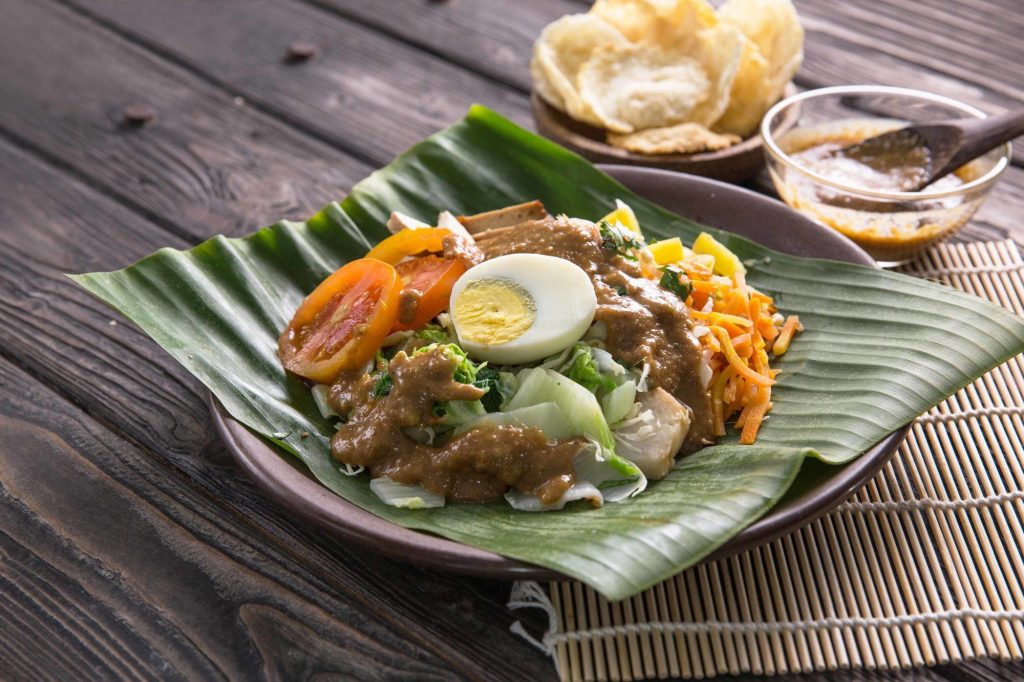
Peanuts are a rich source of protein, which is why gado–gado is included in this list. Gado–gado is freshly made peanut sauce poured over boiled vegetables and boiled eggs. What makes or breaks this dish is the peanut sauce, in which cooks have altered the recipes including shallots, brown sugar, garlic, and other ‘secret’ ingredients to make the dish more delicious. Peanuts contain 25.8 grams for every 100 gram serving.
Which dish are you most interested in eating for lunch? Tell us in the comment section below!

